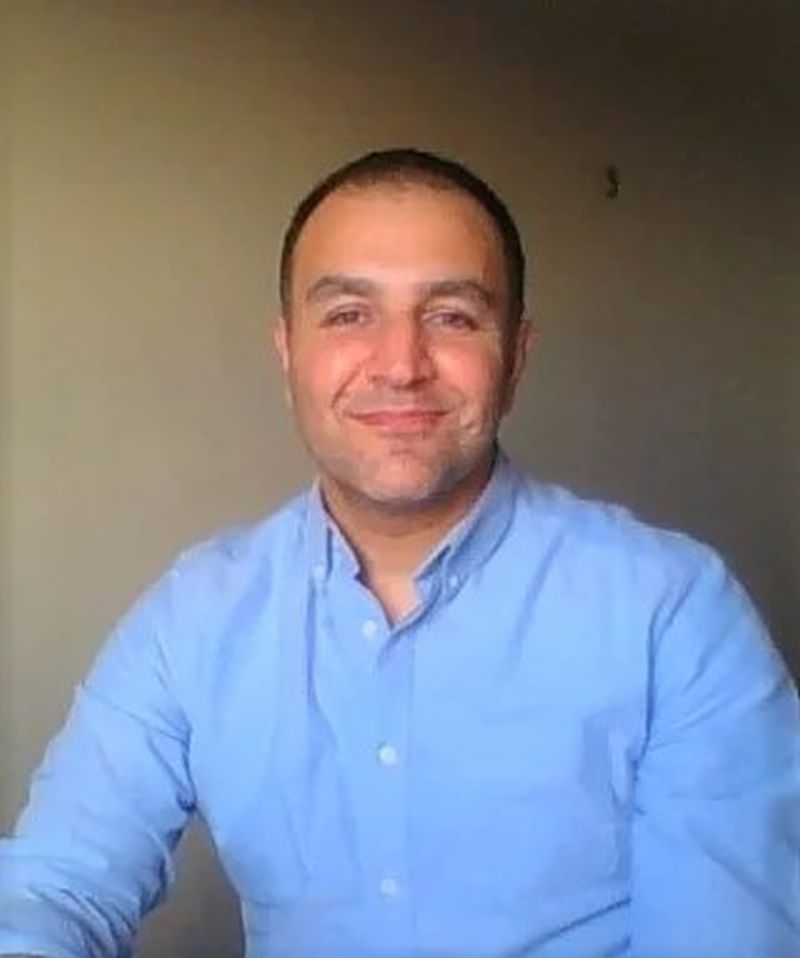This course aims to introduce a number of ‘key thinkers’ in and for the social sciences, whose ideas have influenced our theories, research programs, and research objects. We program a series of guest lectures by experts who will present the thinkers’ lives and historical contexts as well as their main ideas and theories. We will also devote explicit attention to their continuing relevance for present-day social scientists and the participants in particular.
FSS - Key Thinkers in Social Sciences
Robert Larruina

Course description
Although conducted in research programs and teams within often large academic institutions, social science is ultimately the work of humans. Some humans are particularly good at raising the questions and offering the concepts that others then work with. Because their ideas have shaped the research agenda and dominated the debate of social science in, say, the last 200 years and continue to do so, they are what we can call ‘key thinkers’: thinkers whose ideas every (aspiring) social scientist should know at least something about.
This course offers a series of meetings on several vital thinkers. The choice of thinkers is limited and selective, but we hope it provides participants with a helpful overview and an entrance to the world of social thought that remains too often in the background of our everyday work.
Study Characteristics
- Discipline: Social Sciences
- Language: English
- ECTS: 3
- Type of education: in class
- Academic skill: Theory
- Graduate School: Graduate School of Social Sciences
- Start date: 6 February 2025
- End date: 17 April 2025
- Schedule:
6 February, 14.00-15.30
20 February, 14.00-15.30
6 March, 14.00-15.30
19 March, 14.00-15.30
3 April, 14.00-15.30
17 April, 14.00-16.30 (note: longer session)
- Min. number of students: 5
- Max. number of students: 15
- Admission criteria: n/a
- Assessment type: Participation and a paper
- Concluding assessment: Participants can obtain 3 ECs if they participate actively in at least 4 sessions and write a paper relating two thinkers' ideas to their PhD research (detailed requirements to be announced later). Papers are graded pass/fail.
- With certificate: Yes, upon request
- Registration deadline: 4 weeks before the start of the course
- Available for: All PhD candidates. FSS faculty members and students are welcome to attend meetings as auditors. Free of charge for VU, AISSR, and ZU PhD candidates. Other participants pay a €540 applies for other PhD candidates.
- Name of teacher: Dr. Robert Larruina, r.l.larruina@vu.nl
- Link to profile: Robert Larruina — Vrije Universiteit Amsterdam (vu.nl)
-
FSS – Key Thinkers in Social Sciences
Course description
Although conducted in research programs and teams within often large academic institutions, social science is ultimately the work of humans. Some humans are particularly good at raising the questions and offering the concepts that others then work with. Because their ideas have shaped the research agenda and dominated the debate of social science in, say, the last 200 years and continue to do so, they are what we can call ‘key thinkers’: thinkers whose ideas every (aspiring) social scientist should know at least something about.
This course offers a series of meetings on several vital thinkers. The choice of thinkers is limited and selective, but we hope it provides participants with a helpful overview and an entrance to the world of social thought that remains too often in the background of our everyday work.
Study Characteristics
- Discipline: Social Sciences
- Language: English
- ECTS: 3
- Type of education: in class
- Academic skill: Theory
- Graduate School: Graduate School of Social Sciences
- Start date: 6 February 2025
- End date: 17 April 2025
- Schedule:
6 February, 14.00-15.30
20 February, 14.00-15.30
6 March, 14.00-15.30
19 March, 14.00-15.30
3 April, 14.00-15.30
17 April, 14.00-16.30 (note: longer session)
- Min. number of students: 5
- Max. number of students: 15
- Admission criteria: n/a
- Assessment type: Participation and a paper
- Concluding assessment: Participants can obtain 3 ECs if they participate actively in at least 4 sessions and write a paper relating two thinkers' ideas to their PhD research (detailed requirements to be announced later). Papers are graded pass/fail.
- With certificate: Yes, upon request
- Registration deadline: 4 weeks before the start of the course
- Available for: All PhD candidates. FSS faculty members and students are welcome to attend meetings as auditors. Free of charge for VU, AISSR, and ZU PhD candidates. Other participants pay a €540 applies for other PhD candidates.
- Name of teacher: Dr. Robert Larruina, r.l.larruina@vu.nl
- Link to profile: Robert Larruina — Vrije Universiteit Amsterdam (vu.nl)